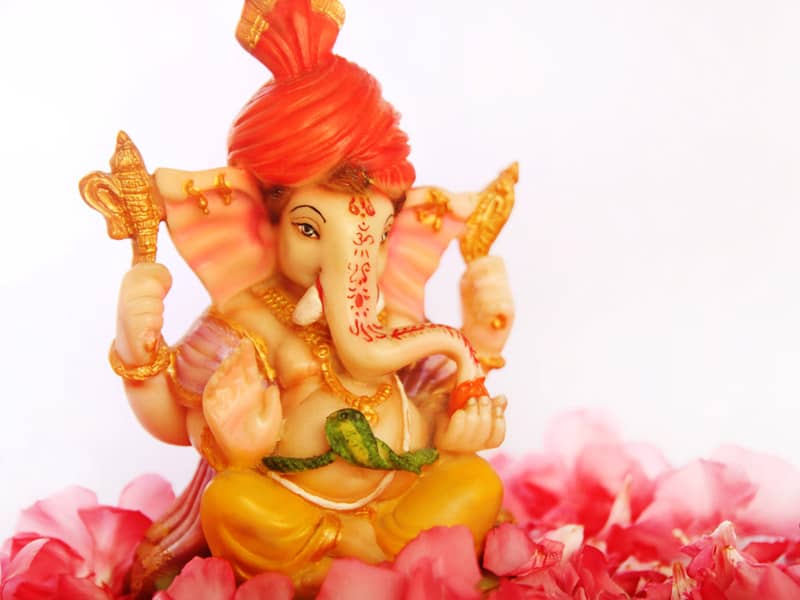Life, liberty, and the pursuit of happiness-this is a credo that has shaped my consciousness in ways obvious and subtle from my very first moments of awareness as an American kid. This ideal has pushed me to be somebody, to find myself, to be in the know, to live the dream.
Even as a child, these dreams were wild and far-reaching: to be a football legend, to be an astronaut! Even as the harsher edges of reality set in as I grew older, I held on to a certain inner integrity, which wouldn't let me be pushed into the rat-race, into being just another cog in the machine.
It wasn't until my salad days in college that I began to understand that this sense of integrity had a deeper spiritual meaning, which took me on a wide-reaching journey in search of the most vibrant and meaningful experience of truth. As I look back at this journey now, despite all its psychedelic and occultnik but well-meaning seasonings, I could have never imagined the life that I now find myself leading.
For all the hero worship and starry-eyed idealism of my outer and inner-space adventures, for all well laid out plans and schemes, the roads most traveled and not too pockmarked, I find myself where I never ever thought I would be, as a monk of the Hindu tradition.
How does an all-American boy end up a happy, healthy, and whole Hindu monk? You could simply say that its my karma, but its not as simple as that. The concept of karma has been endlessly expounded upon, yet beyond its essential root of cause-and-effect, it is near-impossible to grasp its intuitive function, logic, and meaning.
Just consider this verse from the Bhagavad-Gita:
One who sees inaction in action, and action in inaction, is intelligent among men, and he is in the transcendental position, although engaged in all sorts of activities. (Chapter 4, Verse 18)
What this verse from the Gita is telling us is that one must have an understanding of the parameters of action. Acting in this world, even mental action, means to create a karmic seed that will later fructify in a beneficial or painful reaction. Hindu scholar Joshua Greene sums this up nicely in his book Gita Wisdom:
"Karma has three arenas of activity: thoughts, words, and deeds. There are reactions on all three levels. There is less karma for thoughts, but thoughts lead to words and deeds that engender more serious reactions...The most obvious arena of karmic activity is action:
What the sages of the Hindu tradition tell us to do is to master the art of inaction, or akarma. Akarma means that we are still acting in this world, yet our actions do not produce any karmic seeds. We are transcending the very concept of karma itself.
How is this possible? The heart of the Hindu tradition is based on devotion to God (Krishna, or Visnu, in our tradition), and in this mood of a personal relationship with God, we find that He excuses any karmic seeds that may result from our actions. He does this provided they are done with the sincere attempt to be of selfless service to Him and to all the living beings we share this world with.
An example of this comes also comes from the Gita, as Krishna says:
If one offers Me with love and devotion a leaf, a flower, fruit or water, I will accept it. (Chapter 9, Verse 26)
We know that we have a fundamental need to eat, but how can we satisfy this essential bodily need without accruing karma? After all, even the most devout vegan has to engender some kind of violence on the plants and grains they consume. What Krishna tells us here is that if we offer our foodstuffs to Him with devotion, grown and cooked and offered for His pleasure first, He excuses any potential karmic reactions that may have come along the way.
Karma ultimately means to accept responsibility for who we are and what we do. We often rail at the ides of so-called cosmic injustice, blaming God for the problems that may befall us or society at large, but if we begin to properly understand the parameters of karma, we can take hold of our own lives and our whole spiritual destiny.
Chris Fici is a writer/teacher/monk in the bhakti-yoga tradition. He has been practicing at the Bhaktivedanta Ashram at the Bhakti Center in New York City since 2009. After receiving a degree in film studies at the University of Michigan, Chris began his exploration and study of the bhakti tradition. He currently teaches classes on the culture and art of vegetarian cooking, as well as the living philosophy of the Bhagavad-Gita, at New York University and Columbia University.

